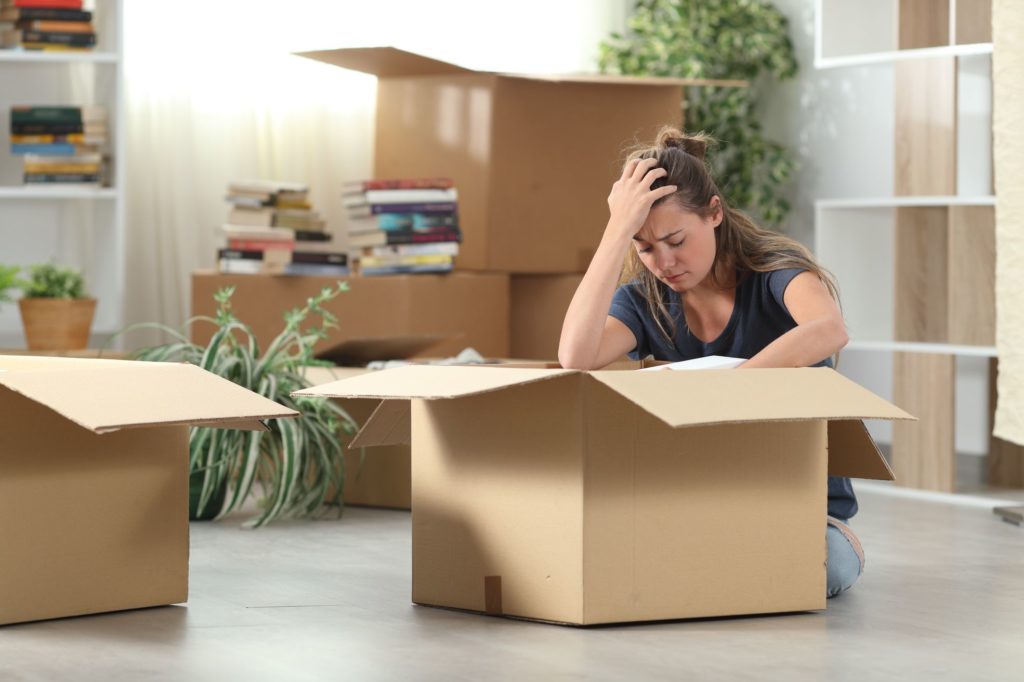Many people face depression after moving, as it is a common side-effect of relocating to a new, often unfamiliar environment. Changing homes is stressful, even under the best circumstances. You are leaving your current life and starting an adventure whose outcome you can’t predict.
Is Relocation Depression a New Thing?
Starting a new life means that you are going to miss your family and friends, your comfort zones, that your routines will change. These changes might cause you to feel blue, homesick. These types of feelings indicate that relocation depression is not a new thing. Many people have been suffering and battling it in the past.
American Psychological Association describes this condition as a mood disorder that causes a deep sadness in its sufferer.
This state of mind doesn’t have to be the same for everybody. For some, it is overwhelming unhappiness and nostalgia that you feel when you move. It can be one of the hardest parts of the move because it is directly connected to your mood.
Symptoms of Depression After Moving
- Lack of interest and pleasure in daily activities – lacking excitement about hobbies caused by the fact that you don’t have friends to share your free time with.
- Extreme insomnia or excessive sleeping – you are tired all the time but you can’t sleep or you can sleep for over twelve hours straight and still be tired.
- Being lethargic and running low on energy – this can be a side effect of disrupted sleeping patterns
- Having either difficulty or an inability to concentrate – even if something catches your attention you will zone out after a minute or two.
- A shorter fuse – getting angrier quicker in normal daily situations
- An increase in alcohol and drug consumption
- Unwillingness to leave the house – being lethargic and without the energy to get through your day
- No desire to socialize or meet new people – not leaving the house makes it hard to make friends. Here, social media is a double-edged sword that is letting you keep in touch with your friends but also keeping you from making new ones.

What’s the Treatment
- Exercise – Exercising starts a biological cascade of events that results in many health benefits. Start with baby steps, as even a ten-minute walk can make a difference in your daily routine.
- Cutting back on alcohol and caffeine – Alcohol is a depressant, so it’s better to avoid it until you feel better. And caffeine is a stimulant, so strong caffeine buzz can lead to an enormous crash.
- Try something new – Staying busy is like exercise, keeps your body and your mind engaged, which leads to more energy and motivation.
Familiarize Yourself With the New Home
Feel Related to Your Current City

New Friendships Keep Depression Away
Another option to meet people is by associating yourself with the community clubs or maybe even subscribing to some activities like hiking, biking, or cooking classes.

Moving Doesn’t Mean Forgetting Your Friends
Complete Relocation Takes Time











